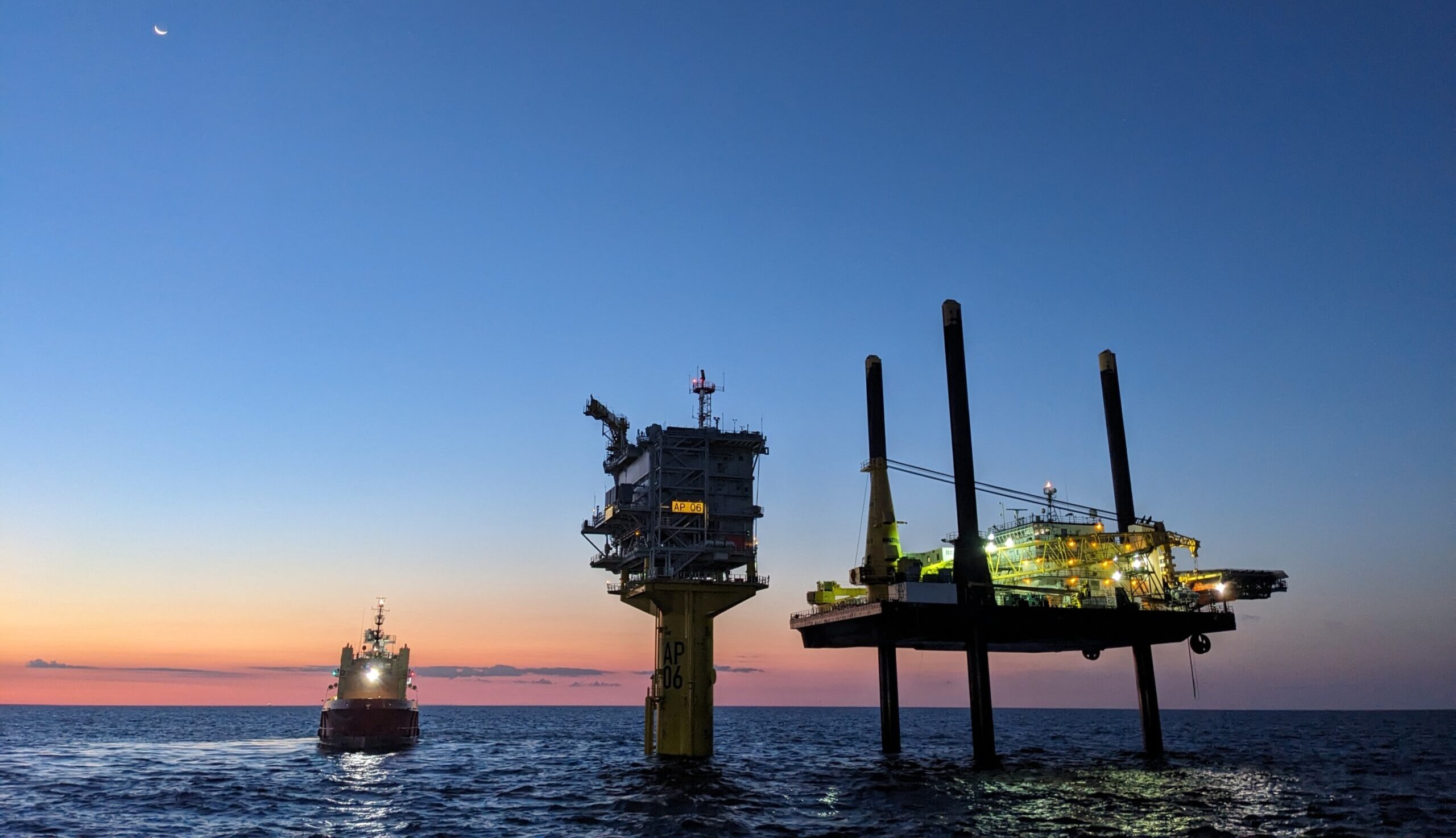
BGB Have Rope Access Solutions All Tied Up
BGB have made our name in the offshore scaffolding sector, providing innovative access for offshore wind projects, as well as onshore scaffolding for everything from utilities and rail infrastructure to power grids.
